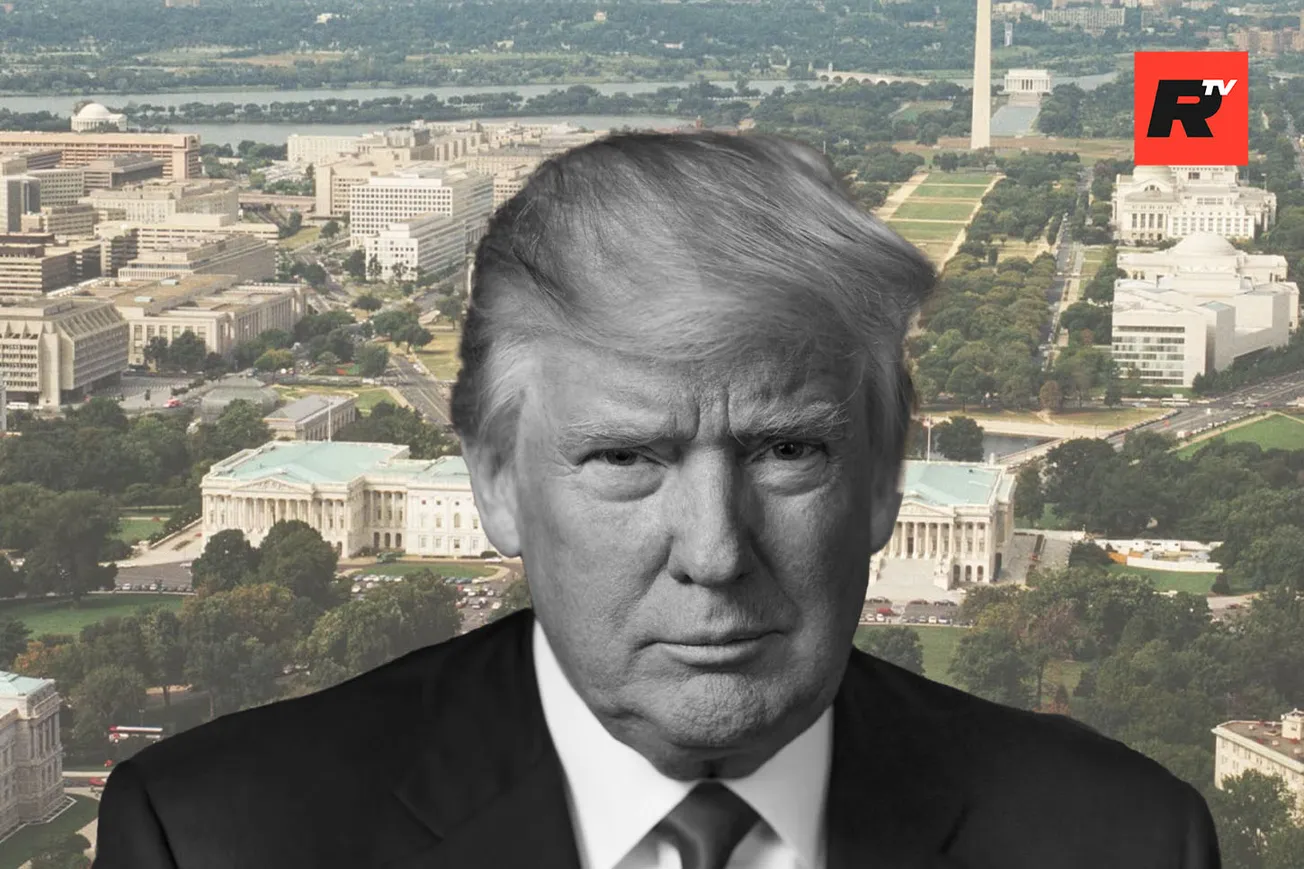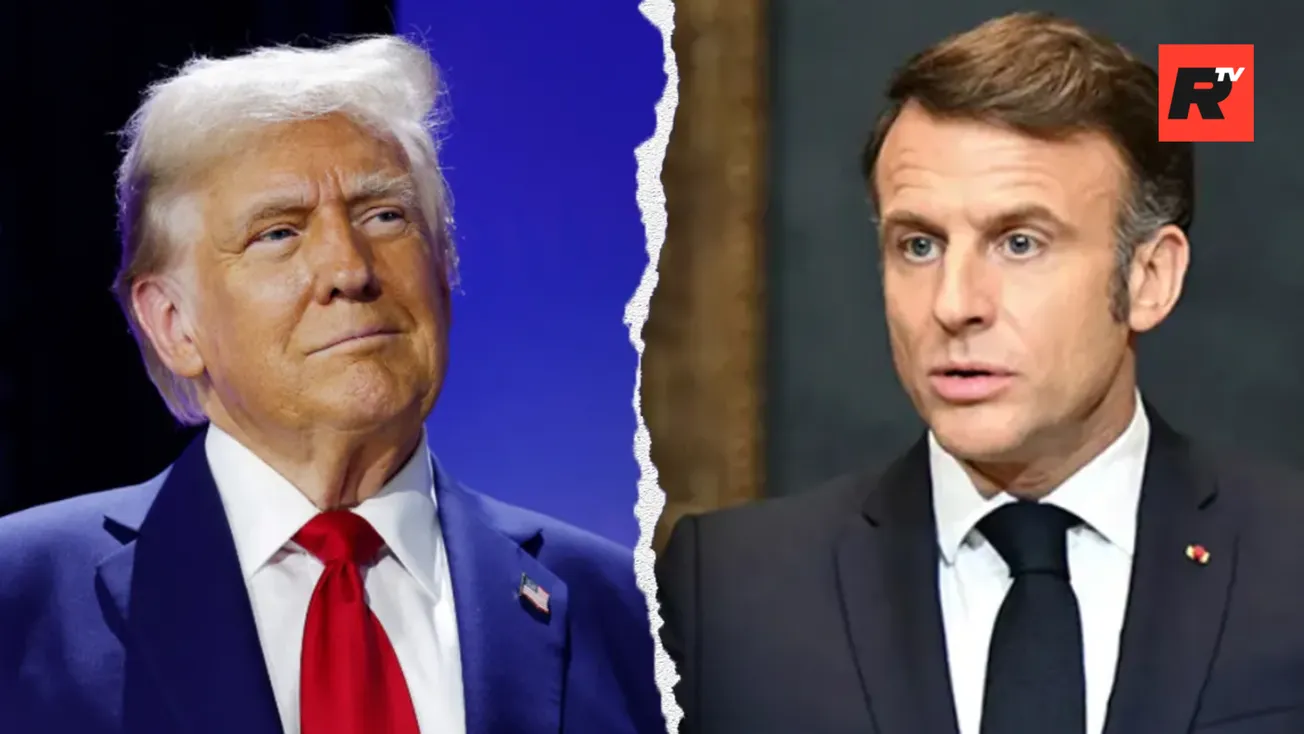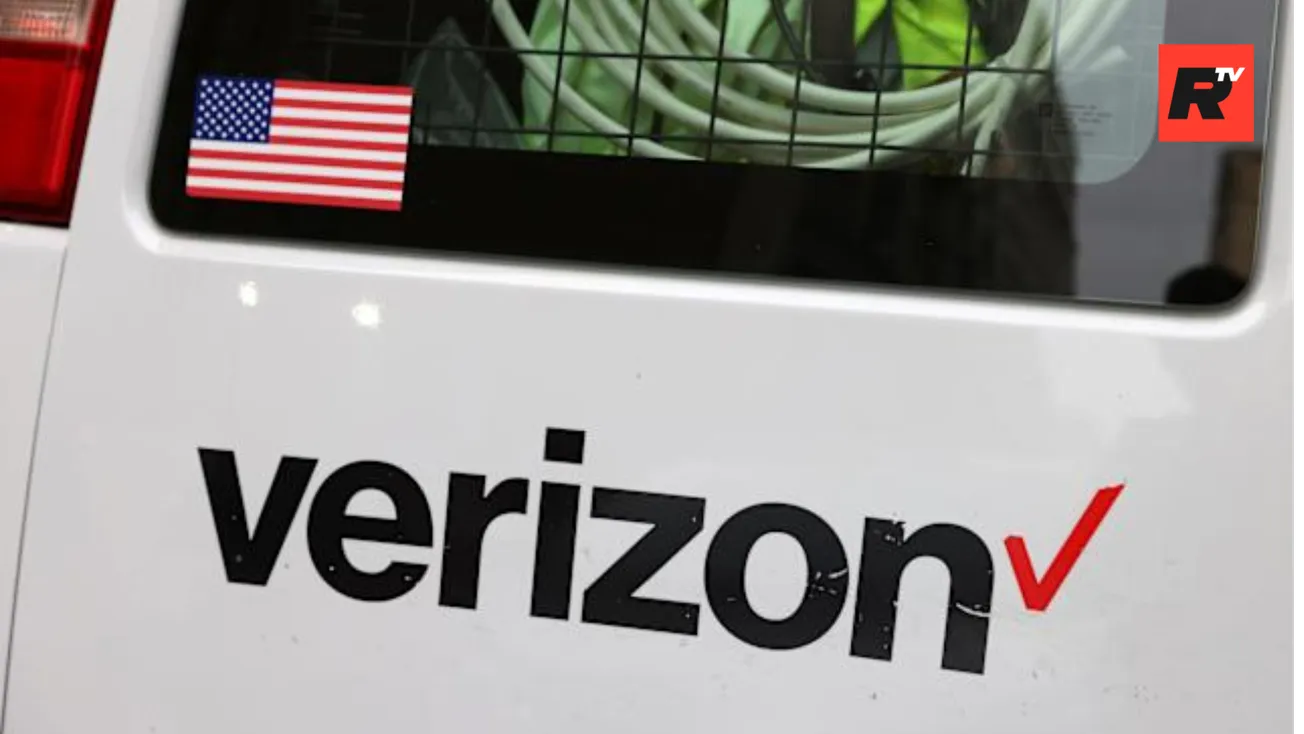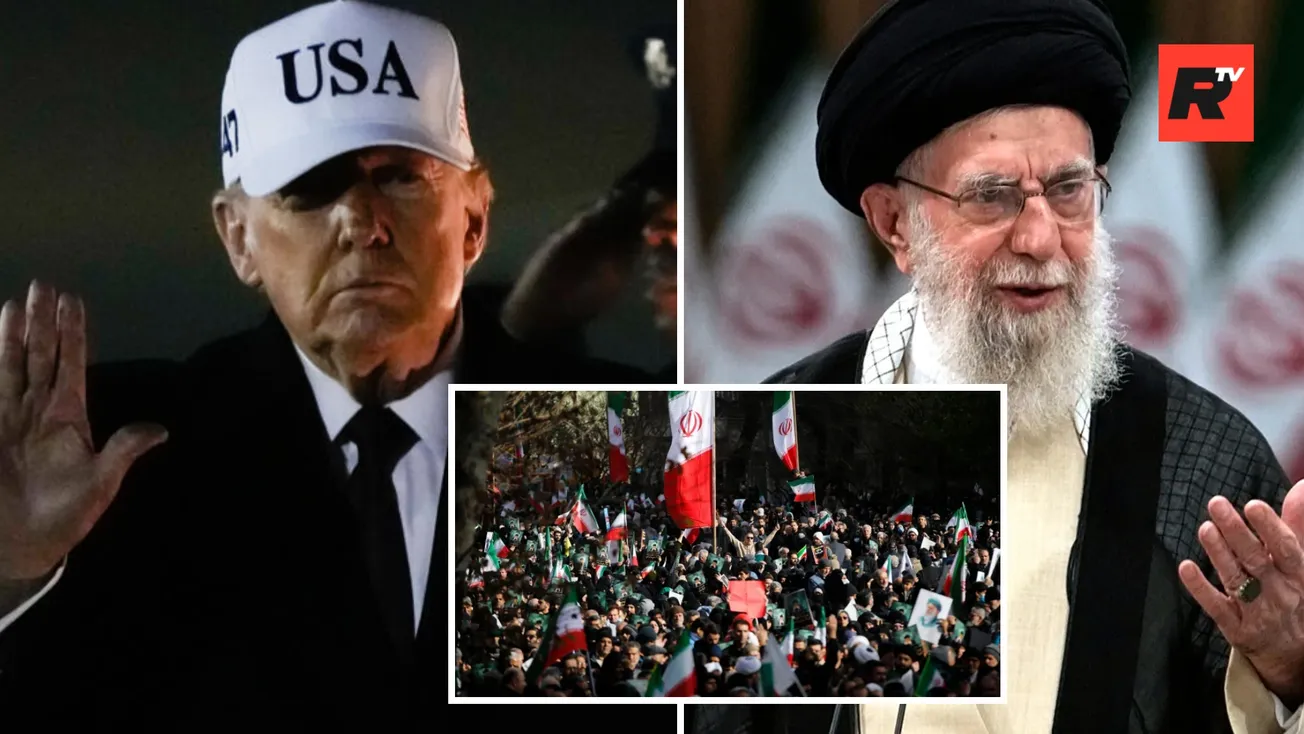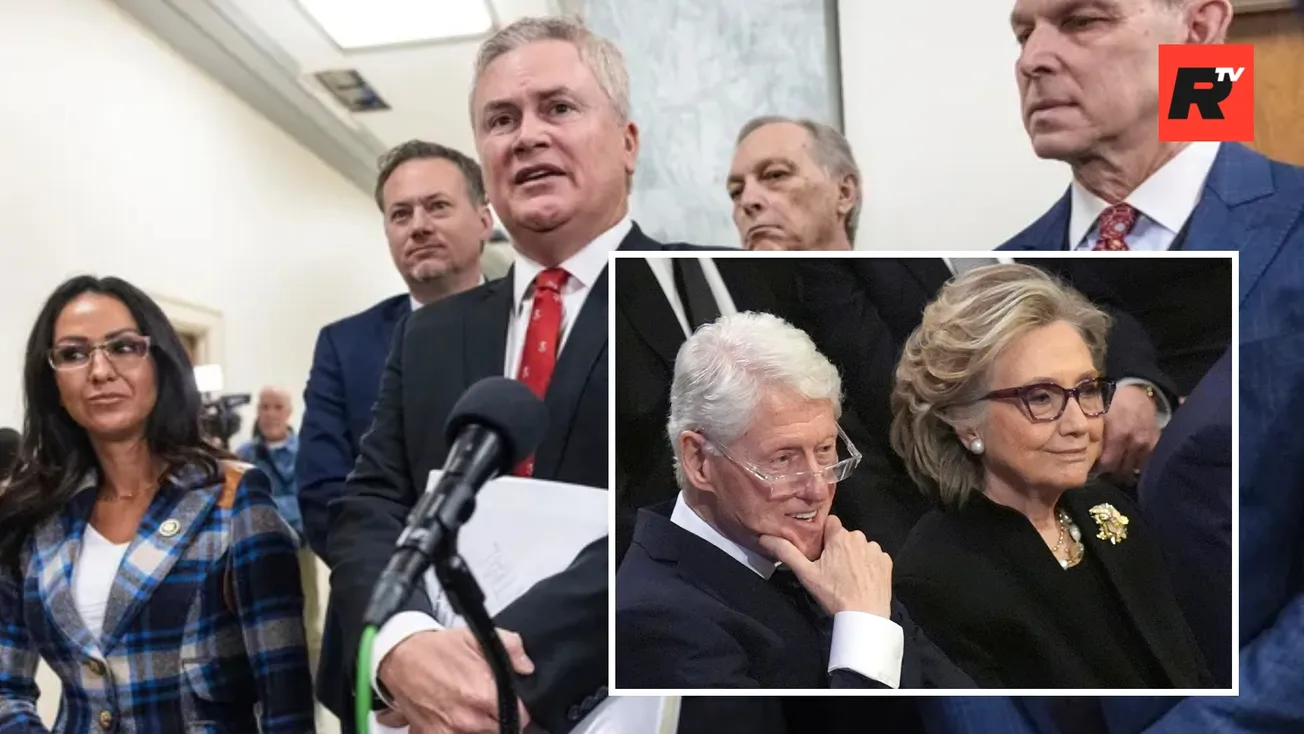Table of Contents
Washington, D.C., a city that should stand as a beacon of American greatness, has spiraled into chaos under Democrat leadership.
Violent crime—homicides, robberies, carjackings—has turned the District into a battleground where law-abiding citizens fear for their safety.
And it’s not just D.C. From Chicago to Los Angeles, Democrat-run cities across this great nation are drowning in crime, their streets overrun by gangs, drugs, and lawlessness.
The left’s soft-on-crime policies—defunding police, bail reform policies that put criminals back on the streets, and turning a blind eye to illegal immigration—have left our urban centers in shambles.
But President Donald Trump isn’t sitting idly by. He’s taking bold action to restore order, and this week, he’s making good on his promise to take back our capital.

Trump on Monday announced a dramatic escalation in his campaign to address crime in Washington, D.C., declaring a public safety emergency and invoking federal authority to take control of the Metropolitan Police Department while deploying the D.C. National Guard to the city’s streets.
The move follows an assault on a former Department of Government Efficiency staffer on August 3 in Logan Circle, which Trump has cited as evidence of the city’s deteriorating safety.
"I’m deploying the National Guard to help reestablish law, order, and public safety in Washington, D.C.," Trump told reporters at a White House press conference. "And they’re going to be allowed to do their job properly."
He added, "This is liberation day in D.C., and we’re going to take our capital back."
🚨 BREAKING: President Trump announces he will be exerting his powers to take FULL CONTROL of the DC Police Department from the city government, and is deploying the National Guard
— Nick Sortor (@nicksortor) August 11, 2025
WE'RE TAKING OUR CAPITAL BACK! 🇺🇸
"Our capital city has been overtaken by vioIent gangs and blood… pic.twitter.com/uxnwOJjeC4
Trump also revealed plans to federalize the MPD, placing it under the authority of Attorney General Pam Bondi, with Drug Enforcement Agency Administrator Terry Cole designated as the department’s interim leader.
"Our capital city has been overtaken by violent gangs and bloodthirsty criminals, roving mobs of violent youth, drugged-out maniacs, and homeless people, and we’re not going to let it happen anymore," Trump said.
The president invoked Section 740 of the District of Columbia Home Rule Act, which allows temporary federal control of the MPD in emergencies without congressional approval for up to 48 hours, or up to 30 days with notification to specific congressional committees.
This provision has never been used before, raising the likelihood of legal challenges over whether D.C.’s crime situation constitutes an emergency.
Secretary of Defense Pete Hegseth confirmed that 800 D.C. National Guard members will be deployed this week, with Secretary of the Army Dan Driscoll overseeing operations.
"You will see them flowing into the streets of Washington in the coming week," Hegseth said. "At your direction as well, sir, there are other units we are prepared to bring in. Other National Guard units, other specialized units. They will be strong, they will be tough, and they will stand with their law enforcement partners."

Trump’s actions build on his earlier deployment of approximately 450 federal law enforcement officers from agencies including the Drug Enforcement Administration, U.S. Park Police, and Amtrak Police Department to D.C. on Saturday and Sunday nights.
According to the White House, these officers made multiple arrests, confiscating drugs like fentanyl, crack cocaine, and methamphetamine, and seizing illegal firearms.
The president’s moves follow his Monday morning post on Truth Social, where he declared, “Washington, D.C. will be LIBERATED today! Crime, Savagery, Filth, and Scum will DISAPPEAR. I will, MAKE OUR CAPITAL GREAT AGAIN... Thank you for your attention to this matter.”
"Washington, D.C. will be LIBERATED today! Crime, Savagery, Filth, and Scum will DISAPPEAR. I will, MAKE OUR CAPITAL GREAT AGAIN... Thank you for your attention to this matter." - President Donald J. Trump pic.twitter.com/ymFYPsxUYI
— The White House (@WhiteHouse) August 11, 2025
While Trump warns Washington, D.C. is "one of the most dangerous cities anywhere in the world," the crime rates in the nation's capital were higher while Joe Biden occupied the White House.
Recent data from the Metropolitan Police Department shows violent crime in D.C. is down 26 percent as of As of August 8, 2025, compared to the same period in 2024. Specific declines include a 12 percent drop in homicides (from 112 to 97), a 28 percent decrease in robberies (from 1,212 to 872), and a 20 percent reduction in assaults with a dangerous weapon (from 642 to 520).
Overall crime, including property offenses, has decreased by 7 percent with motor vehicle thefts remaining nearly flat at 2,822 incidents.
D.C.’s homicide rate in 2024 was 27.3 per 100,000 residents, higher than a decade ago but lower than the most dangerous cities globally, according to the Center for Public Safety Initiatives.
The city ranks 69th on WorldAtlas’s list of the 100 most dangerous cities worldwide based on overall crime.

Washington D's Democrat Mayor Muriel Bowser challenged Trump’s narrative during an MSNBC interview on Sunday.
"Any comparison to a war-torn country is hyperbolic and false," Bowser said, referencing a claim by White House Deputy Chief of Staff Stephen Miller comparing D.C. to Baghdad. "It is true that we had a terrible spike in crime in 2023, but this is not 2023, this is 2025, and we’ve done that by working with the community, working with the police, working with our prosecutors, and, in fact, working with the federal government."
Bowser also expressed concern about the National Guard’s deployment, stating, "I’m concerned about them not being used efficiently, and I just think that’s not the most efficient use of our Guard."
Meanwhile, cities governed by Democrats are the most crime-ridden in the United States, with policies like bail reform, reduced sentencing, and police defunding as culprits.
Data from the FBI’s 2023 Uniform Crime Reporting program and other sources provide some context. Cities like Chicago, Detroit, and St. Louis—each led by Democratic mayors—consistently rank among the highest in violent crime rates.
For example, Detroit’s 2023 homicide rate was 40.8 per 100,000 residents, St. Louis’s was 69.4, and Chicago’s was 18.3, compared to D.C.’s 27.3.
A 2023 analysis by the Heritage Foundation found that 27 of the 30 U.S. cities with the highest murder rates were led by Democratic mayors, with policies like progressive prosecution and sanctuary city status often cited as contributing factors.
Yet, the legal and practical hurdles of Trumps fedral takeover loom large, as the memory of Biden’s militarized D.C. remainsa chapter that left many questioning whether federal force is the answer to local crime.
Under Biden, the National Guard remained a visible presence in D.C. through early 2021, with up to 25,000 troops deployed around the Capitol and downtown areas post-January 6, creating a militarized atmosphere that disrupted daily life.
Residents and local officials described the heavy military presence as alienating, with road closures, checkpoints, and armed troops contributing to a sense of occupation rather than safety.
A 2021 report by the Government Accountability Office noted logistical failures, including delayed National Guard response times on January 6 due to bureaucratic bottlenecks, highlighting inefficiencies in federalized operations. Critics, including D.C. Delegate Eleanor Holmes Norton, argued that the prolonged militarization failed to address root causes of unrest and strained local-federal relations.
The Biden-era experience underscored the challenges of federal intervention in a city with limited self-governance, setting a contentious precedent for Trump’s current actions.
As court challenges and public debates unfold, the battle for Washington’s streets is far from over.

